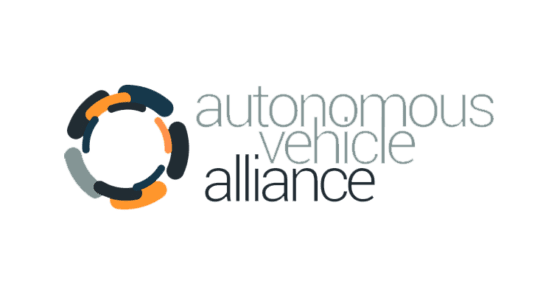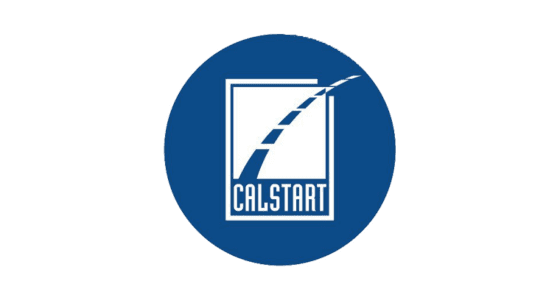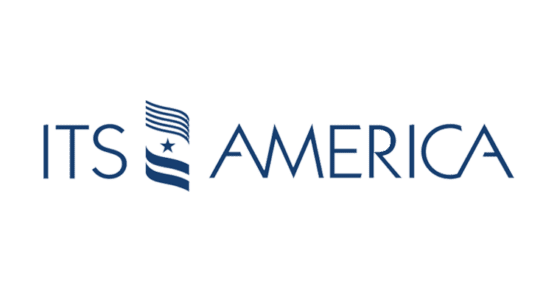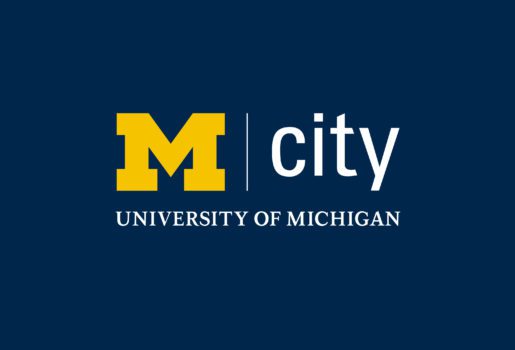The Accessible Mobility Collaborative brings together industry, academia and nonprofit organizations to help make transportation more equitable and accessible to all.

A Critical Need
Twenty-six percent of adults living in the United States — one in four — have some type of disability, be it mobility-limiting, sensory, cognitive, or other impairment, according to the Centers of Disease Control and Prevention. In addition, the country’s older population is expected to double in the next 10 years, according to the UN’s World Population Data. Many modes of transportation are inaccessible, unreliable, or ill-suited to people with disabilities and older adults, which often means fewer opportunities to access employment, housing, healthcare, and education.
About the Collaborative
The Autonomous Vehicle Alliance (AVA), Intelligent Transportation Society of America (ITS America), AARP, CALSTART, Mcity at the University of Michigan, and the Society of Automotive Engineers (SAE) have joined forces by means of the Accessible Mobility Collaborative (AMC) to advance efforts for solving vehicle and infrastructure accessibility challenges.
Integrating technology and coordinating vehicle design language into infrastructure is key to creating a more customized, seamless mobility experience for everyone who uses the transportation system. The Accessible Mobility Collaborative is committed to bringing automotive manufacturers, suppliers, technology providers, and all levels of government together to foster discussion around the challenges and barriers, as well as the solutions, for achieving a better transportation experience for those with travel-limiting disabilities. Our focus is on vehicles, infrastructure, and the opportunity to coordinate a vocabulary and set of standards for both.
Background
In 2021, AVA, AARP, and ITS America released results of their research examining barrier-free mobility beyond the vehicle. An accessible, barrier-free vehicle is frequently cited as a critical need for municipal agencies and health care providers serving people with disabilities and older adults. The research identified how people of various abilities could interact with these vehicles and infrastructure.
Three opportunities to increase mobility options emerged from the research:
- Merging the physical world with digital wayfinding tools;
- Understanding how universal design language could impact automated vehicles; and
- Coordinating vehicle design language with infrastructure.
For more information, please contact:
Vicki Waters, Assistant Director, Mcity
[email protected], 734-647-4217
Tim Woods, Managing Director, Autonomous Vehicle Alliance; Founding Partner, POCO Labs
[email protected]

Upcoming Events
TBD Fall 2025
9AM-3PM
Accessibility of Future Mobility Summit
Building on the success of previous Accessibility Summits, the AMC will hold its fourth summit on a yet to be determined date in the Fall of 2025.
More information and registration coming soon.
Previous Events
OCTOBER 10, 2024
Accessibility Summit: Meeting the Needs
of the Transportation Insecure
OCTOBER 12, 2023
Accessible Devices and Applications for Future Mobility Summit
Part II
FEBRUARY 3, 2023
Accessible Devices and Applications for Future Mobility Summit
Part I
Access recordings and slides of this event here.







